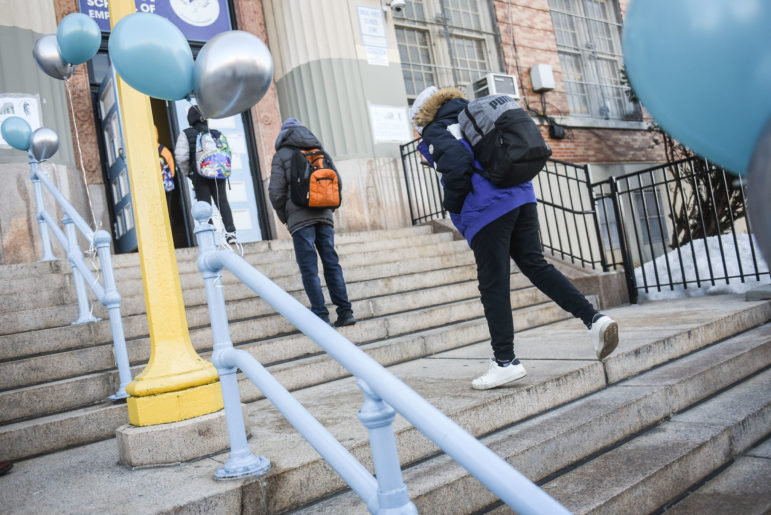Time and time again, people on welfare complain that after waiting for hours at welfare benefits centers, they leave confused about their rights, unsure of what’s going on and in the dark about how to get help. But no sooner than welfare advocates show up at welfare centers to offer legal advice and coaching, city officials show them the door.
These advocates could serve as mediators and translators for welfare recipients who don’t speak English, and help clarify complicated welfare rules and regulations for those who do. Instead, anyone who hasn’t been specifically invited beforehand by a client is usually asked to leave.
Now that policy is being challenged in a lawsuit filed jointly by the Brennan Center for Justice at New York University’s law school, the welfare advocacy group Make The Road By Walking and several individual welfare recipients. The complaint, filed March 6, asks a federal court to declare the practice unconstitutional, arguing that it violates clients’ free speech rights by preventing them from accessing information that is relevant to their cases.
The city’s Human Resources Administration “is afraid of people knowing their rights and of people banding together and holding government accountable,” charges Andrew Friedman, co-director of Make The Road By Walking. Friedman, who reports that his organization has logged more than 600 complaints from welfare recipients, says many people are denied benefits simply because they cannot communicate effectively with the caseworkers and officials in the welfare centers.
Ruth Reinecke, an HRA spokeswoman, defends the rule, pointing out that the agency’s policy is no different from that of any other government office: only those who have business to take care of may be present. Further, she says, welfare offices should protect recipients’ right to confidentiality.
But according to Friedman, the policy is simply an attempt to hide problems with the welfare system. “The city locks out advocates in the same way that restaurants with myriad [health code] violations don’t like health inspectors coming into their restaurants.”








